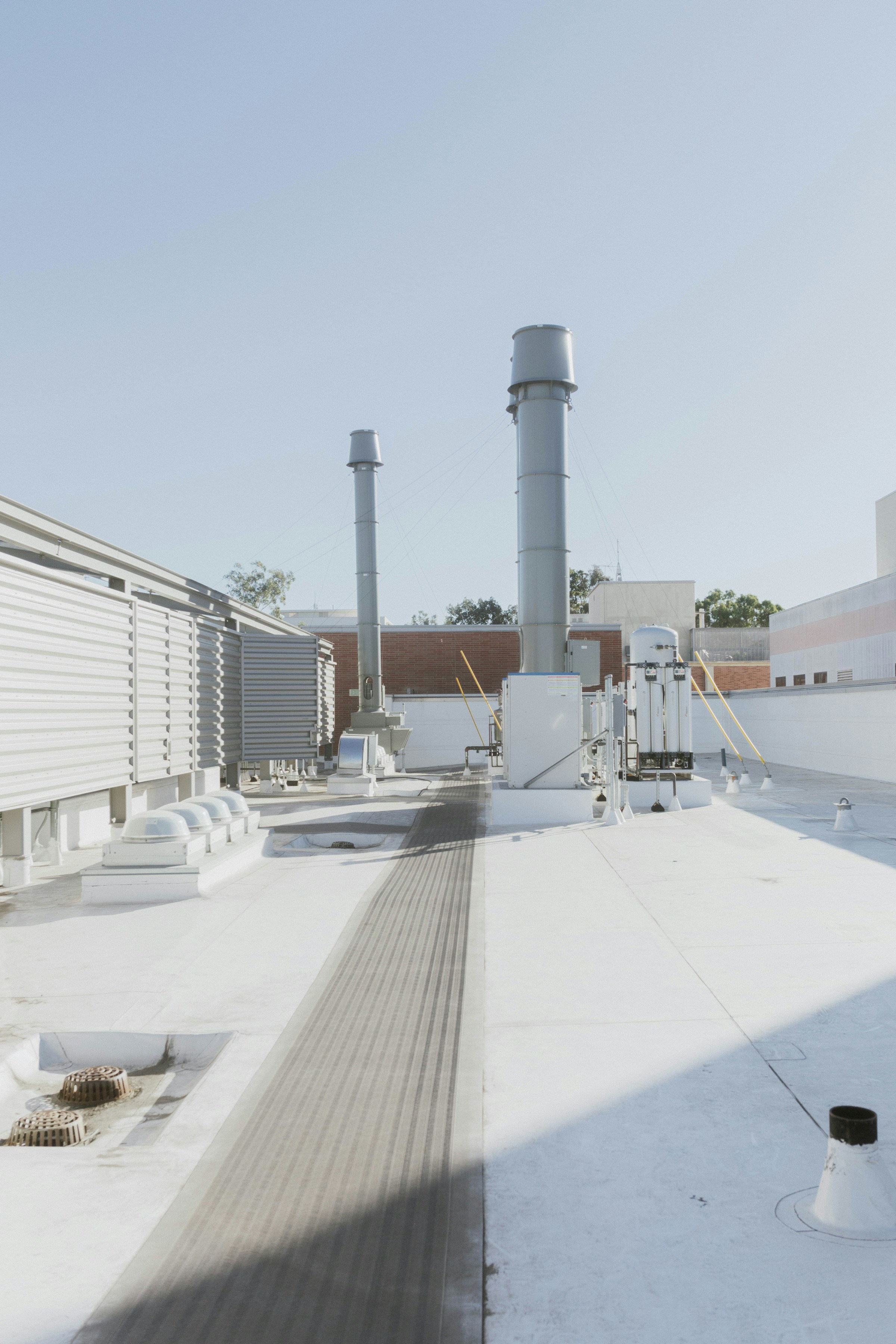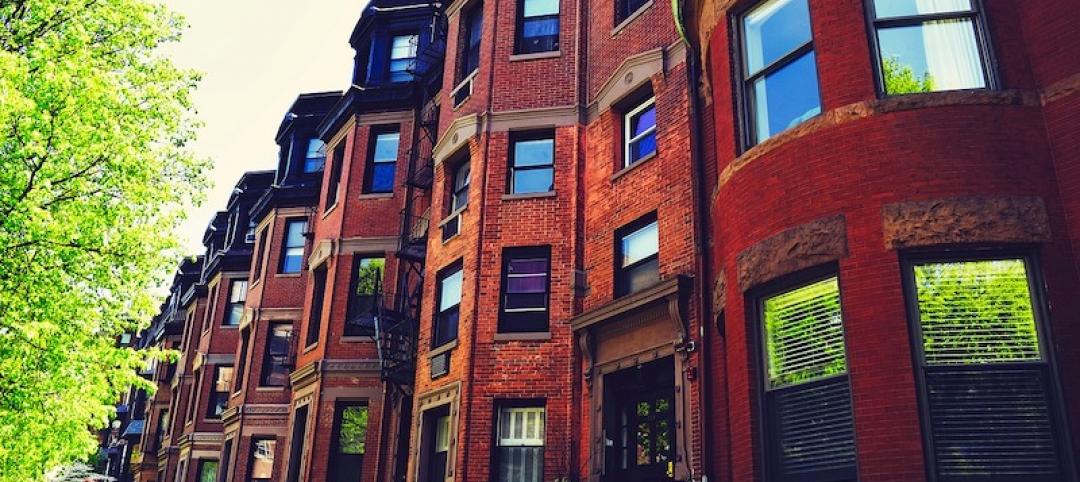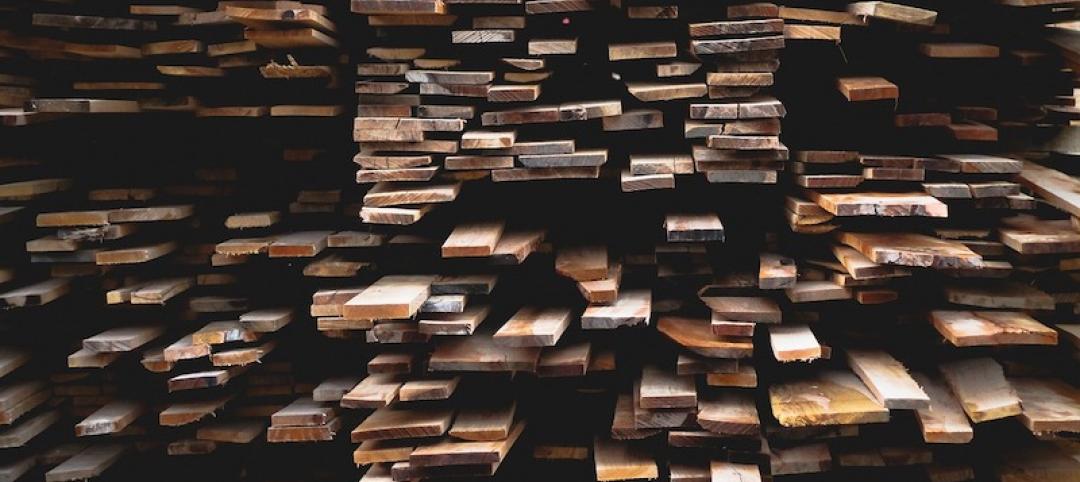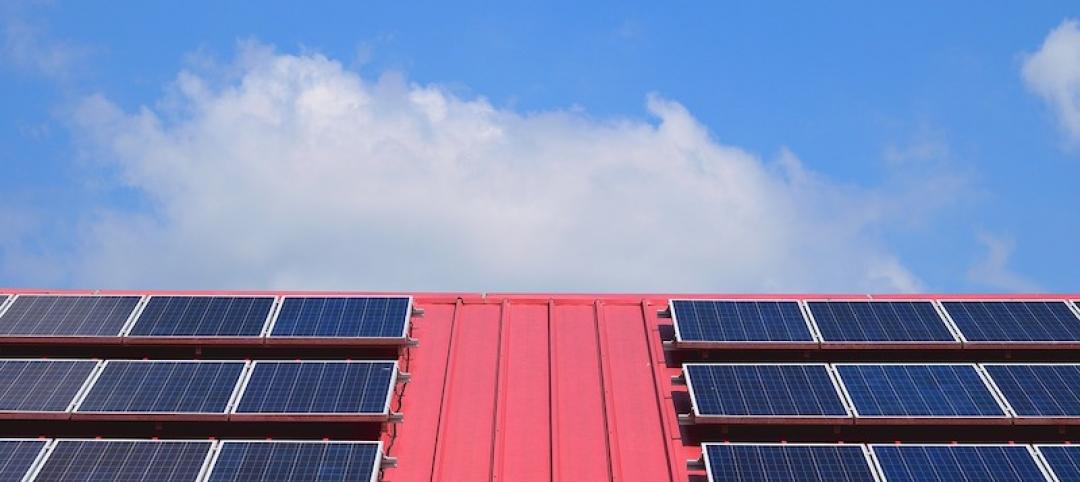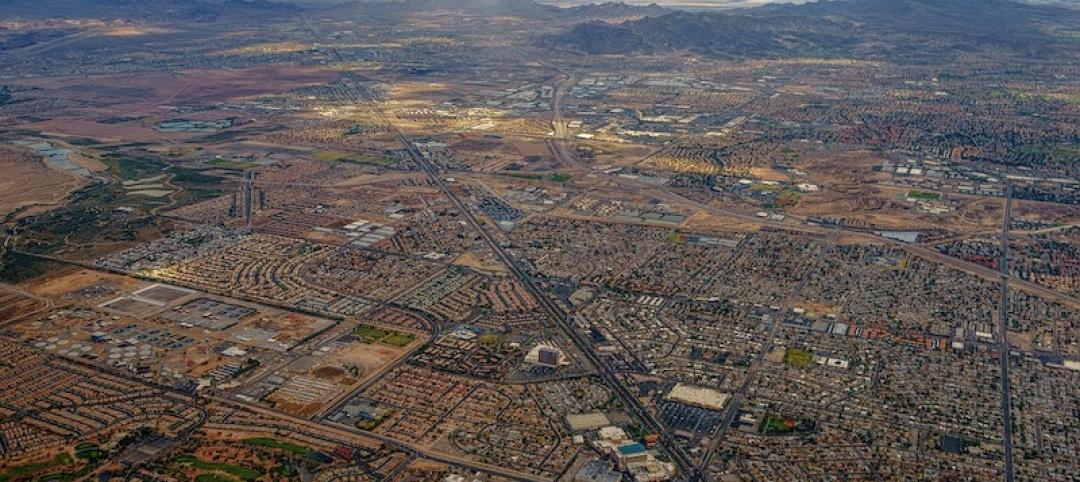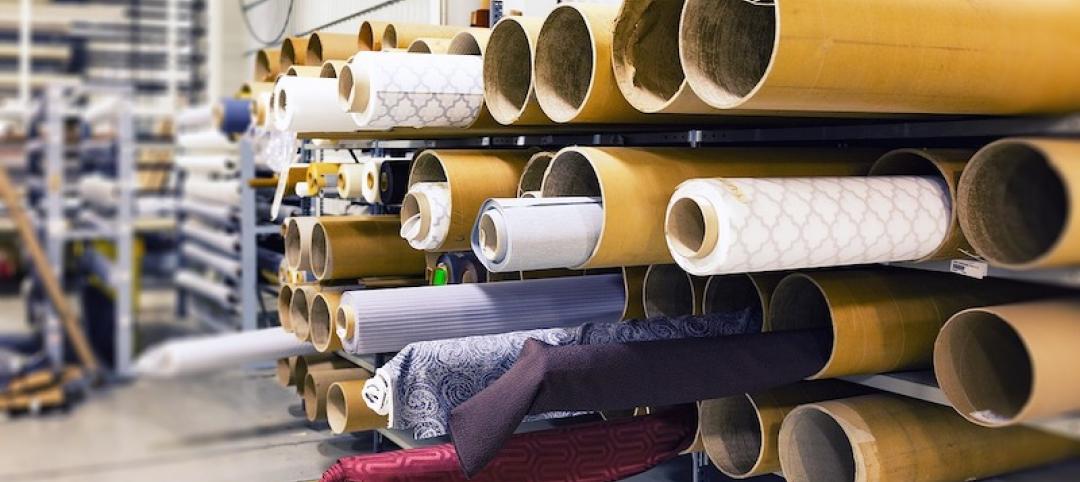A new technical brief from SPRI, the trade association representing the manufacturers of single-ply roofing systems and related component materials, addresses construction-generated moisture and its impact on commercial roofing systems.
Construction-generated moisture comes from activities including pouring concrete, burning propane heaters, painting, plastering, and drywall finishing. These activities can contribute to excessive levels of relative humidity inside the structure when proper remediation measures are not taken. Accumulation of condensation within the roofing assembly and within the structure can result when the temperature is at or below the dew point.
To control moisture, designers must identify the sources of moisture and develop a remediation plan during the design process. To reduce the probability of condensation, buildings under construction must be adequately ventilated, particularly during concrete hydration and other high moisture-related construction activities.
SPRI recommendations include avoiding the use of wet materials or materials with excessive moisture, installing vapor retarders in the roof assembly, avoiding penetrating vapor barriers, installing at least two layers of insulation, and always sealing deck-to-wall joints and gaps around roof penetrations.
Related Stories
Codes and Standards | Mar 22, 2021
Think tank offers plan for new approach to reduce neighborhood poverty
Strategy uses more targeted approach to invest in low-income areas.
Codes and Standards | Mar 19, 2021
California city bans construction of new gas stations
Existing stations will not be allowed to add more pumps.
Codes and Standards | Mar 18, 2021
Congressmen ask Biden to tackle rising lumber costs
Rising materials costs and supply shortages threaten economic recovery, housing starts.
Codes and Standards | Mar 16, 2021
Massachusetts bill would mandate rooftop solar on new homes, commercial buildings
Proposed Bay State mandate modeled on California’s.
Codes and Standards | Mar 15, 2021
Nevada may create areas for tech companies to form own governments
Legislation calls for ‘Innovation Zones’ that could become smart cities.
Codes and Standards | Mar 11, 2021
Los Angeles commits to carbon-free city buildings
City will take into account embedded carbon when contracting to buy construction products.
Codes and Standards | Mar 10, 2021
‘Smart retrofitting’ will be crucial to net zero aspirations
AI, analytical software, Internet of Things are keys to decarbonization of built environment.
Codes and Standards | Mar 9, 2021
Salt Lake City is first jurisdiction to adopt new standards for off-site construction
Code Council and Modular Building Institute developing standards and compliance protocols.
Codes and Standards | Mar 8, 2021
Hyperlocal zoning could spur more affordable housing construction
Letting blocks and streets pass their own rules could have impact.
Codes and Standards | Mar 5, 2021
Biden builds on Trump’s “Buy American” order
New administration extends preferences for domestic construction materials.


